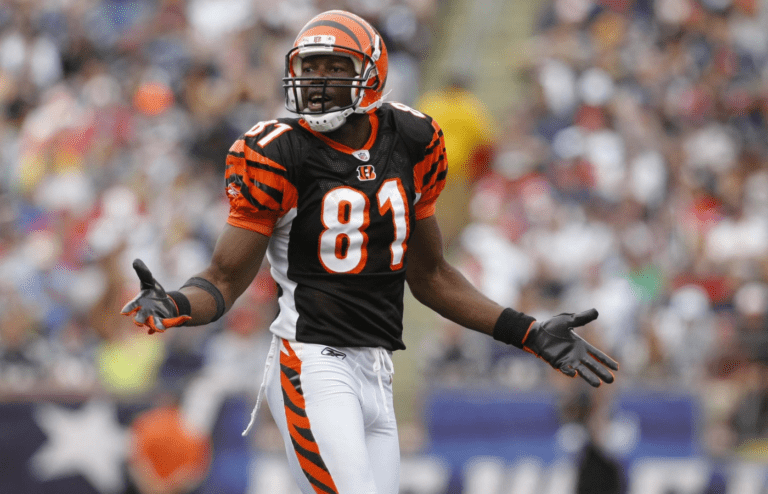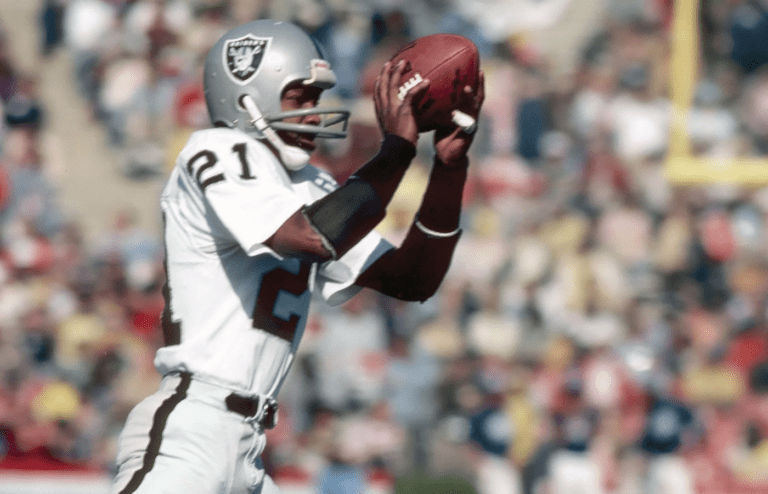If you’ve been a fan of popular music for more than two decades, you’ve likely noticed a shift on the airwaves. Rock music, once the dominant form of “cool” pop, has been nearly entirely supplanted by hip hop. While pop is chugging along just fine, guitar-based music is done for as a mainstream genre. So, what happened?
Humble Origins?

Rock and roll has had a strange journey as a genre. After ostensibly getting its start at some point in the 50s, it was immediately presented as an underdog contender against established genres. Still, it grew out of respected traditions like the blues and country music, both of which dominated radio waves for decades before rock’s emergence.
The Perennial Underdog

Rock music has always been presented as the underdog, representing an anti-authoritarian streak that directly takes on “The Man.” This is such an important part of the mythos of rock that it would be hard to picture “establishment” guitar-based music until roughly the 2000s (but we’ll get to that).
And It’s Never as Good as It Used to Be
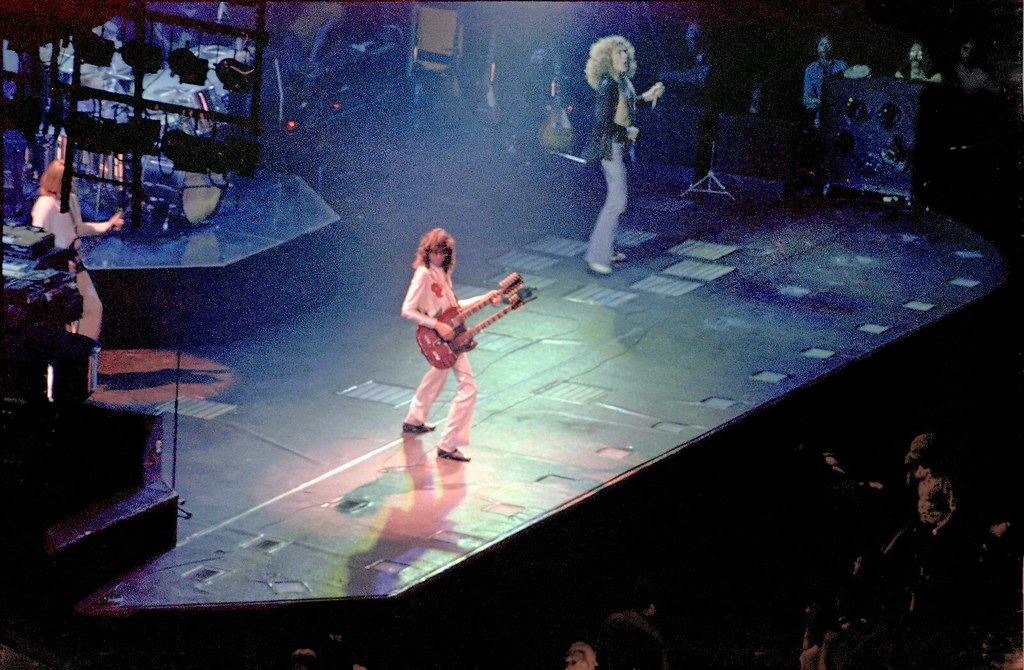
Another major thread in the cannon of rock is that the genre’s always reaching back for a heyday it misses. This concept popped up so early in the genre that it’s heard on Led Zeppelin’s “Rock and Roll,” a song released in 1971. The genre should have been, give or take, about 12 or so years old then. It’s a bit bizarre to think it had “been a long time” since anyone rocked or rolled in 1971, but there it is, over 50 years ago.
Mainstream Success

Rock was still pretty counterculture in the 60s and 70s, with a few exceptions for mainstream explosions of popularity like The Beatles, The Rolling Stones, and The Eagles. By the 80s, though, it was the dominant form of popular music by a wide margin. Basically, every kid with a guitar had dreams of the rockstar lifestyle of excess.
Grunge and Its Consequences

Peal Jam put out Ten in 1991 and basically invented a new genre from whole cloth. That wasn’t really their intention, but “grunge,” as it came to be known, was big business and spawned a billion and one imitators. Some of them were pretty good (Bush) and some were downright terrible (choose your least favorite “Butt Rock” band). The incessant iteration on that specific sound dominated the airwaves for over a decade, grinding rock down to nothing.
A Last Gasp?

The Strokes and many of their contemporaries did something unexpected in the early 00s. They got mainstream success by playing straightforward four-chord rock music without any winking sarcasm or apologies for the tunes. It’s not quite clear why, exactly, this happened, but no one was too mad about it because it all rocked. And then, that was it. By the late 00s, that sound was out of vogue, Pearl Jam imitators were still the main form of rock you could find, and the genre vanished from the charts.
Where We’re At
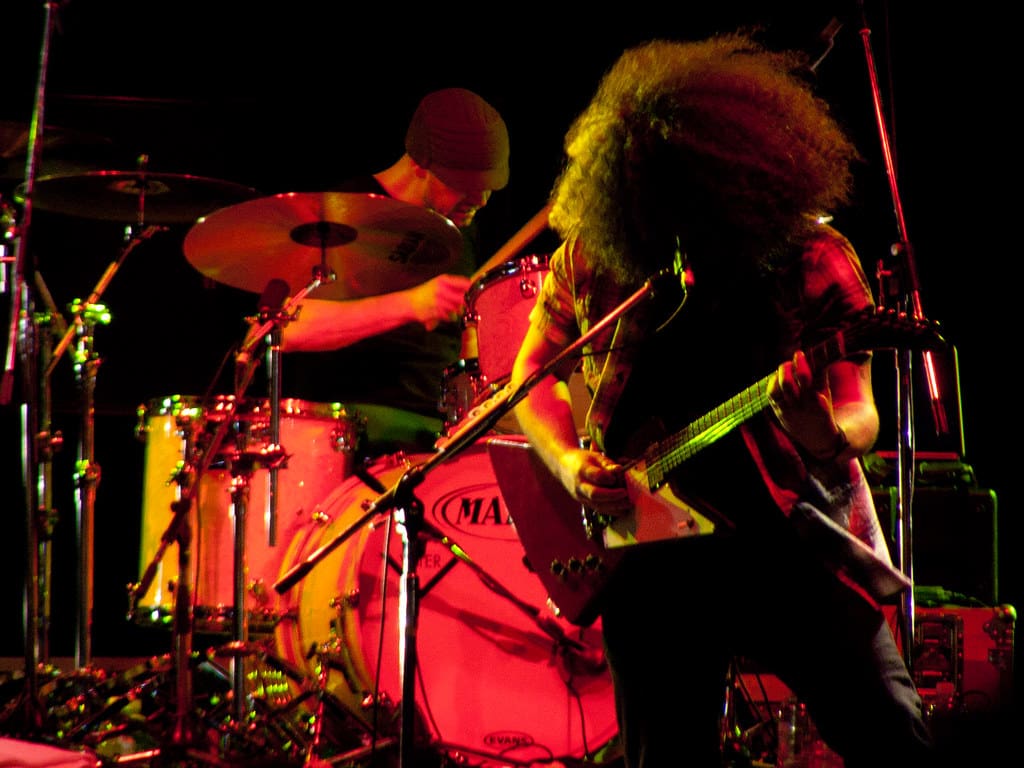
There’s plenty of rock music still out there today. Coheed and Cambria still makes truly stellar prog, Ghost is there for metalheads to all rally around, and King Gizzard makes some outlandish psychedelic rock. But the fact that many young music fans have never heard of any of those bands speaks to a fundamental difference in popular culture of the post-2010s world.
What Happened?

Frankly, it’s easy to see why rock faded away. The genre only functions correctly on an aesthetic level when it’s rebelling against something, raging before injustice and casting itself as a forgotten battle hymn that once burned in the hearts of young people. When it became a dominant force of pop culture, it was all noise and no heart. Who wants to rock out on behalf of a corporation? It’s inherently tough to market loud, angry music when you want to encourage The Youths to party hard and buy your new smart speaker or designer bottled water or whatever.
Read More: 20 Best Rock Bands of the 80s
Just Party, Dude

Teenagers, if they’ll forgive me for lumping them all together, mostly just want to party and not worry about the big picture when they crank up their tunes. Social awareness is pretty much par the course for your average Gen Zer, as they’ve grown up with an acute knowledge of society’s ailments and are more concerned with partying it up when they hit “play.” Being reminded of ongoing problems that they already know quite well on a Friday night out with friends is a tough sell.
Read More: These Are the 20 Best Rock Bands of the 60s
Is This a Bad Thing?
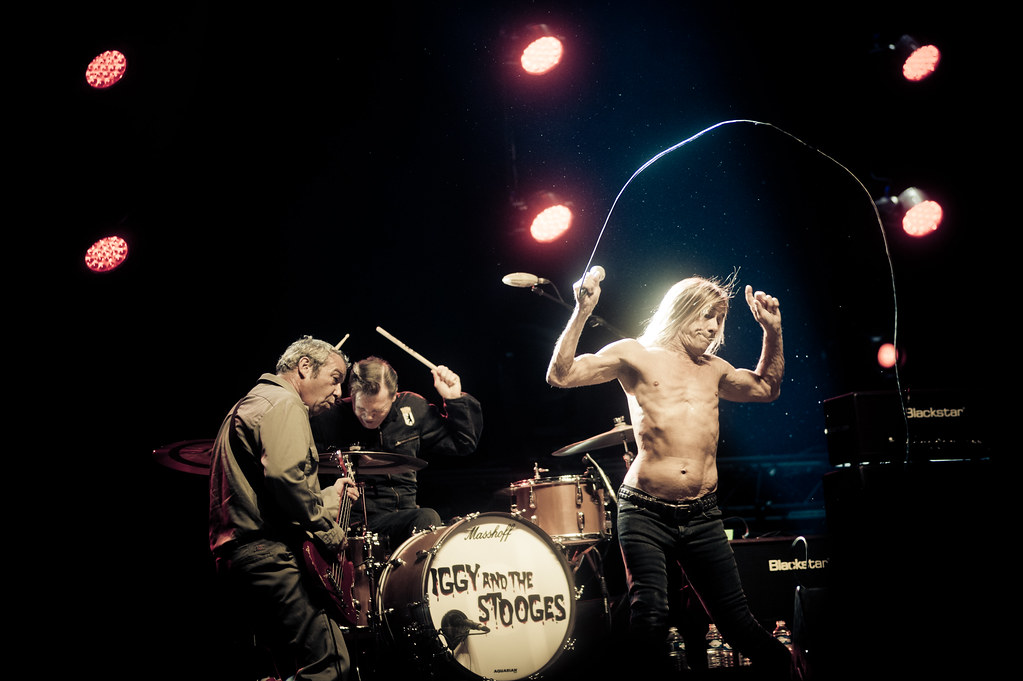
So, rock is too rebellious to fit a modern, advertiser-friendly radio format and it gets outcompeted by simpler, party-centric tunes on streaming services and on TikTok. Where does that leave the genre? Well, frankly, in a more authentic place. The people still carrying the standard for rock are the ones who are the most passionate about their art. They’re not there for a rockstar career, looking to cash in on fame and fortune. Instead, they’ve got something important to say, and the best way to get their message across is to shout it into a microphone while ripping a tasty lick on the six string.
Read More: The Absolute 20 Best Rock Bands of the 70s


